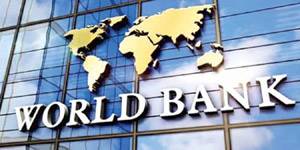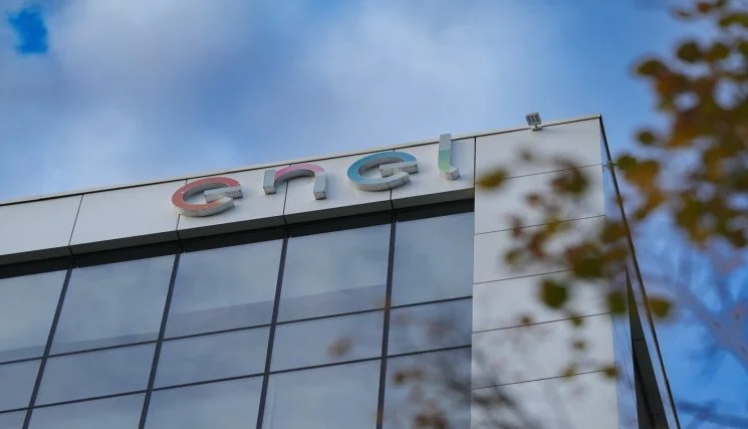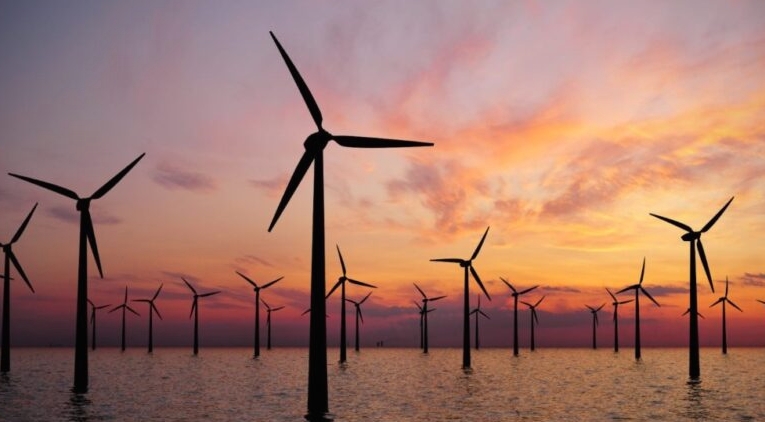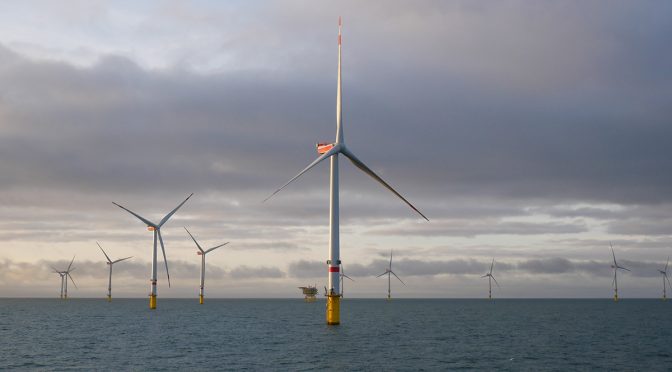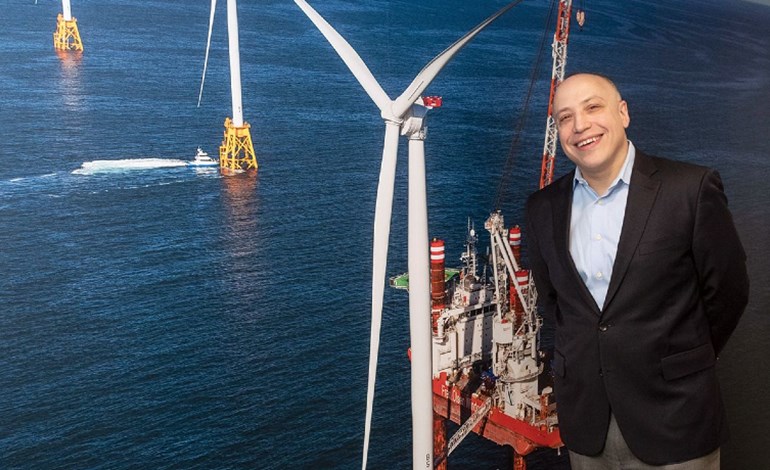The loan approval comes after some delays, with initial reports suggesting a May approval. However, government sources now confirm the World Bank’s board greenlit the financing in June. This represents the third major investment by the World Bank in the Dasu project, highlighting its significance for Pakistan’s energy future.
Pakistan’s current energy woes stem largely from the high cost of electricity generated using imported fuel. This burden is felt across the country, with domestic consumers, factories, and even institutions like mosques and hospitals resorting to installing solar panels to escape the expensive grid.
The Dasu project has faced setbacks in the past, with its initial completion target set for December 2021. However, the World Bank has now set a new target date of 2028 for completion. The project’s cost has also increased by 13%, with the World Bank’s revised estimate reaching $4.9 billion.
Despite these challenges, the project offers significant long-term benefits. The World Bank estimates that Dasu will save Pakistan a staggering $1.8 billion annually in fuel import costs. Additionally, the project is expected to contribute to environmental sustainability by reducing carbon dioxide emissions by 5 million tons per year. The Dasu Hydropower Project is a significant step towards Pakistan’s goal of achieving energy security and economic growth. With the World Bank’s renewed commitment, the project is well-positioned to deliver a brighter energy future for the country.
